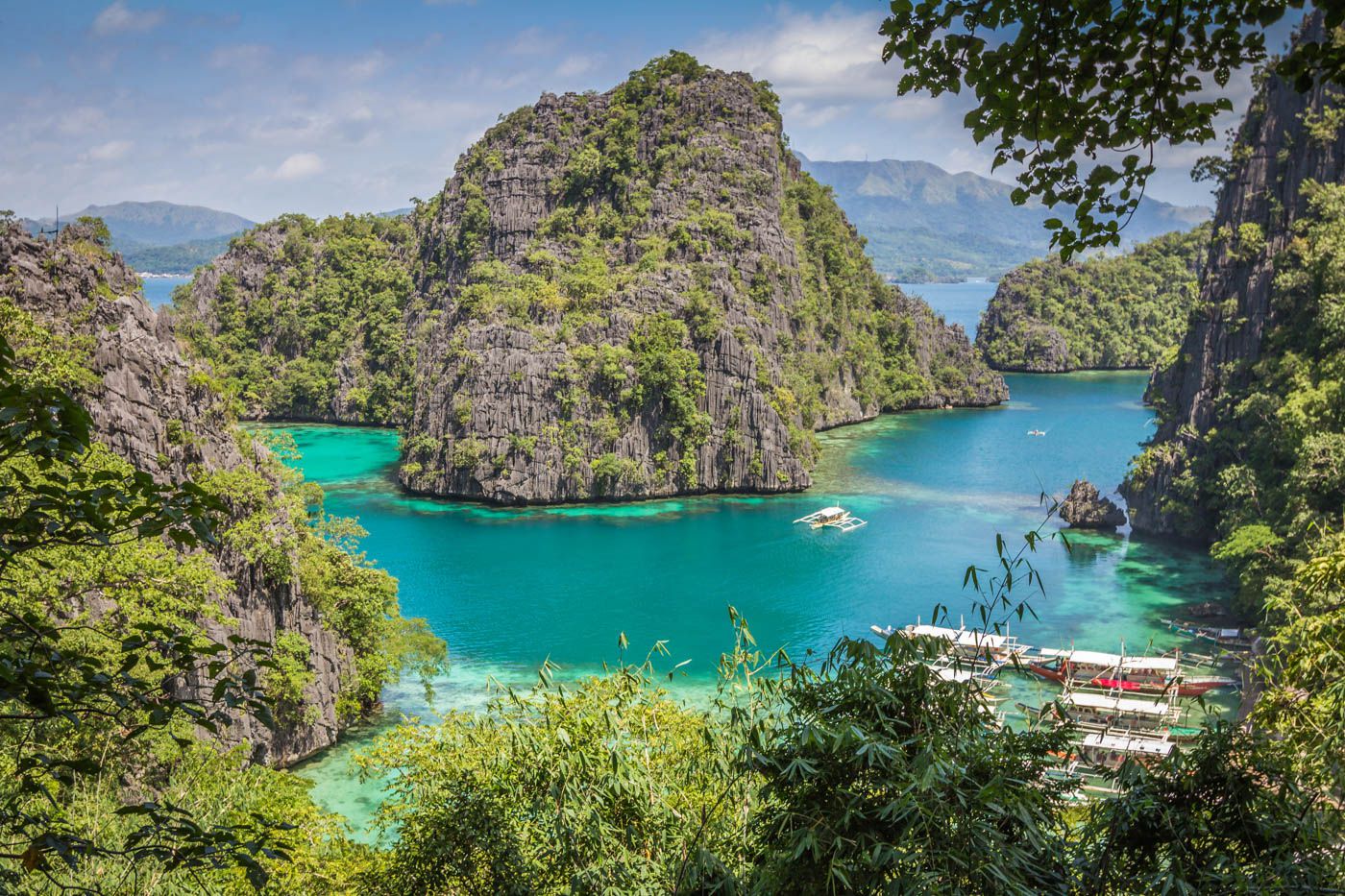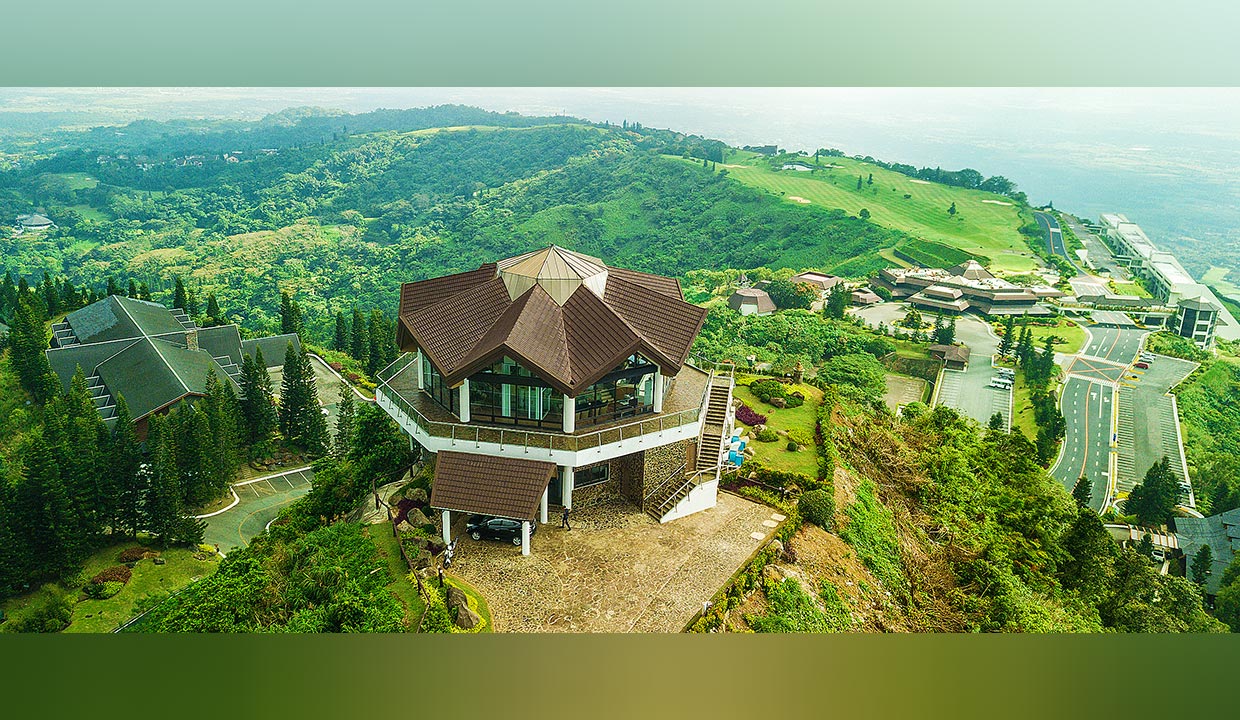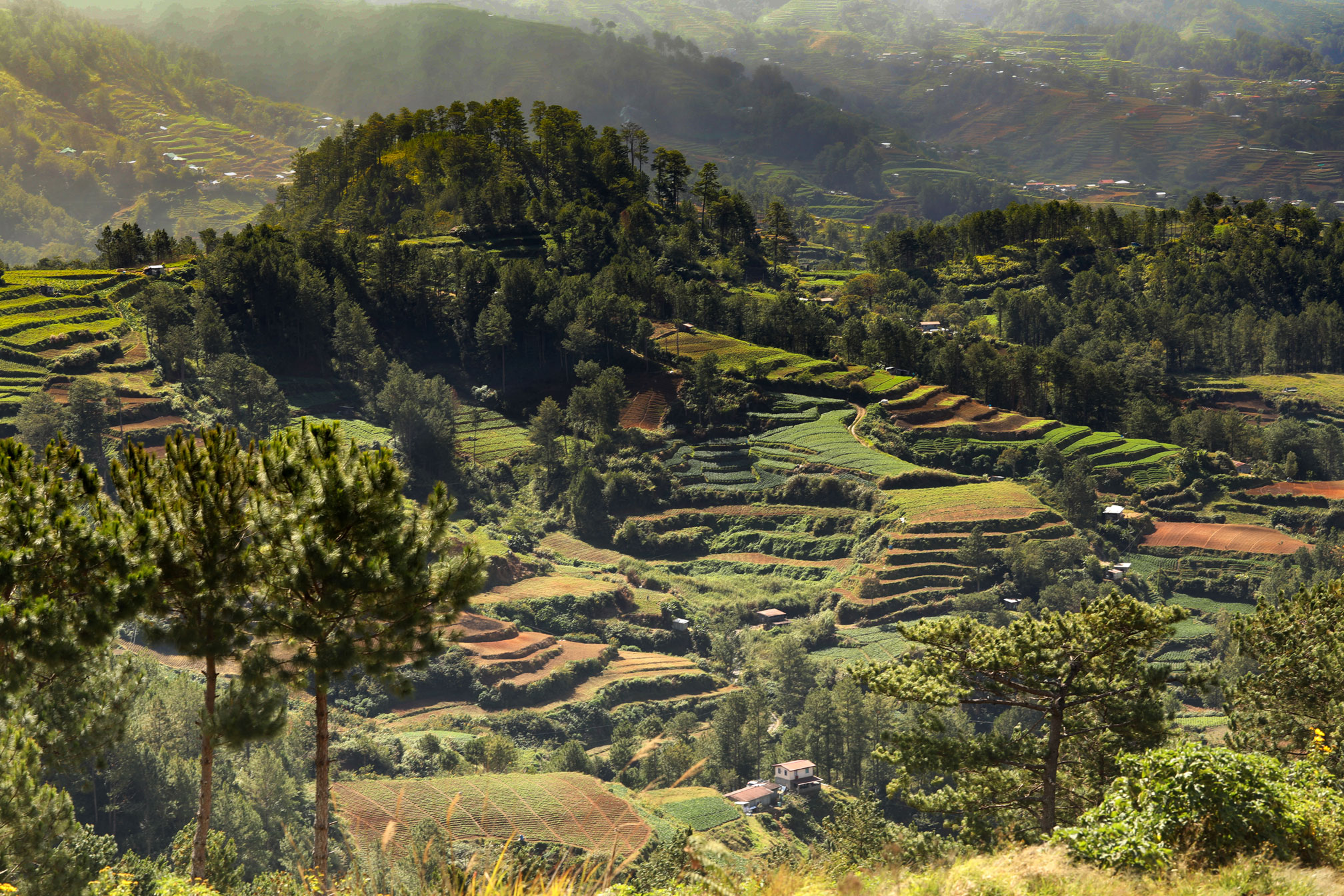
Switzerland
Switzerland, federated country of central Europe. Switzerland’s administrative capital is Bern, while Lausanne serves as its judicial centre. Switzerland’s small size—its total area is about half that of Scotland—and its modest population give little indication of its international significance. A landlocked country of towering mountains, deep Alpine lakes, grassy valleys dotted with neat farms and small villages, and thriving cities that blend the old and the new, Switzerland is the nexus of the diverse physical and cultural geography of western Europe, renowned for both its natural beauty and its way of life. Aspects of both have become bywords for the country, whose very name conjures images of the glacier-carved Alps beloved of writers, artists, photographers, and outdoor sports enthusiasts from around the world. For many outsiders, Switzerland also evokes a prosperous if rather staid and unexciting society, an image that is now dated. Switzerland remains wealthy and orderly, but its mountain-walled valleys are far more likely to echo the music of a local rock band than a yodel or an alphorn. Most Swiss live in towns and cities, not in the idyllic rural landscapes that captivated the world through Johanna Spyri’s Heidi (1880–81), the country’s best-known literary work. Switzerland’s cities have emerged as international centres of industry and commerce connected to the larger world, a very different tenor from Switzerland’s isolated, more inward-looking past. As a consequence of its remarkably long-lived stability and carefully guarded neutrality, Switzerland—Geneva, in particular—has been selected as headquarters for a wide array of governmental and nongovernmental organizations, including many associated with the United Nations (UN)—an organization the Swiss resisted joining until the early 21st century.



 Palawan
Palawan
 Cavite
Cavite
 Mountain Province
Mountain Province